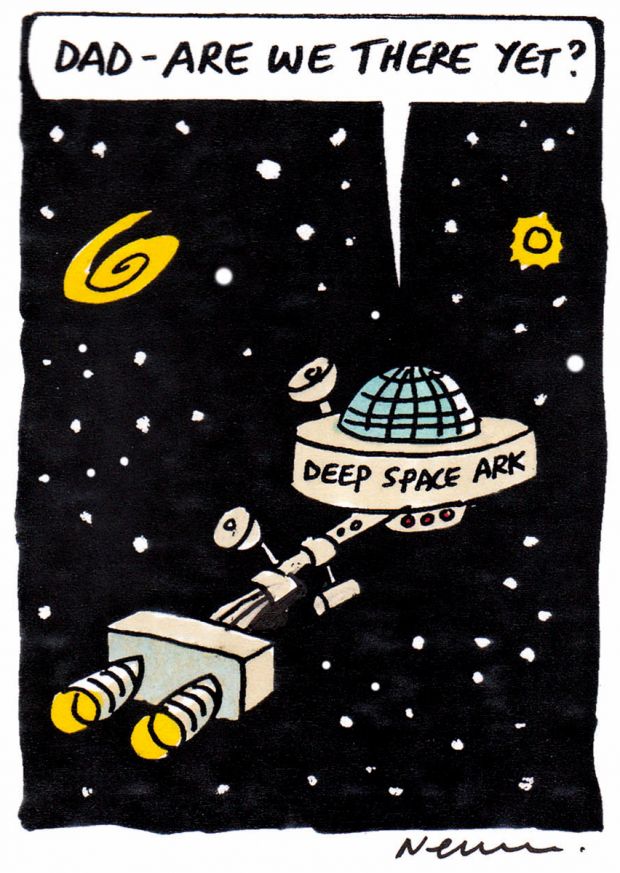
- Eighteen men who were paid less than their female colleagues have won an equal pay claim against the University of Wales Trinity Saint David, the BBC News website reported on 23 April. The caretakers and maintenance staff claimed they were sexually discriminated against because their hourly rate was less than that for women on the same pay scale. The university maintained that the pay difference was due not to gender but to changes to their contracts by their original employer Swansea Metropolitan University, which merged with UWTSD in August last year. But it now says it will not contest the claim, leaving the men – along with seven other men who intended to bring an action – in line for back pay worth about £30,000 each and £750,000 in total. “We didn’t want it to come to this really but we’re glad common sense has prevailed,” said tradesman Rob Cooze.
- A daredevil don who once scaled London’s Shard building has gone on trial for allegedly entering off-limits parts of the capital. Bradley Garrett, a researcher at the University of Oxford’s School of Geography and the Environment, was one of 12 so-called “place-hackers” to appear at Blackfriars Crown Court this week charged with “conspiracy to commit criminal damage”. Most of the first week of an estimated six-week trial will concern legal arguments. The action against the group was condemned by Evening Standard columnist Will Self, professor of contemporary thought at Brunel University, who called the case “bizarre” in an article on 25 April.
- Cardiff University’s ill-fated attempt to install comedian Griff Rhys Jones as its chancellor has come to an ignominious end. Having been offered the prestigious role – even posing happily in ceremonial robes – Mr Rhys Jones was informed an hour before his official appointment that academics had blocked the move. The comedian has now told the university “to stuff their honorary job”, as a headline in the Daily Express on 25 April put it. But a letter to vice-chancellor Colin Riordan was more diplomatic. In it, Mr Rhys Jones says that the university may want to “re-offer the post to the incumbent, Sir Martin Evans” and he felt his presence “only makes this a more complicated process for everyone concerned”. “I can’t say I’m offering my resignation – I haven’t yet been appointed – but I do not want to be further considered,” he writes.
- Risqué literary texts used in university classes should contain warnings about racism and sexism, US student groups and academics have said. To protect students from its distressing subject content, F. Scott Fitzgerald’s The Great Gatsby should be prefaced with a note saying that it contains “scenes that reference gory, abusive and misogynistic violence”, said one student activist at Rutgers University in New Jersey, who is leading calls for greater protection from graphic or explicit content, The Sunday Times reported on April. Virginia Woolf’s Mrs Dalloway may “serve as a trauma trigger” because of its depiction of the post-traumatic experiences of an English war veteran, he added. At Oberlin College in Ohio, Chinua Achebe’s Things Fall Apart is considered risky enough to merit a warning as it may trigger a negative response in “readers who have experienced racism, colonialism, religious persecution, violence, suicide and more”, academics have also argued. But the warnings were criticised in a Los Angeles Times editorial, which said that US universities were “increasingly overprotective and hypersensitive”.
- British academics are working on plans for an “interstellar Noah’s Ark” to carry humans away from a dying Earth, The Times reported on 28 April. Rachel Armstrong, senior lecturer in architecture and design at the University of Greenwich, is leading the project to develop a “living spaceship” capable of carrying several thousand people, which will launch in 100 years, the paper said. Dr Armstrong’s work focuses on bio-engineering and the development of artificial soil, so food can be grown to keep alive the crew on their one-way mission to find a new world, although the project’s principal use is to learn how to build sustainable cities on Earth. Researchers from the US, Italy and the Netherlands, as well as the universities of Surrey and Warwick, are also involved in Project Persephone.
Register to continue
Why register?
- Registration is free and only takes a moment
- Once registered, you can read 3 articles a month
- Sign up for our newsletter
Subscribe
Or subscribe for unlimited access to:
- Unlimited access to news, views, insights & reviews
- Digital editions
- Digital access to THE’s university and college rankings analysis
Already registered or a current subscriber?
Please or to read this article.
